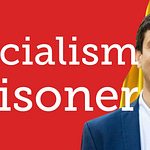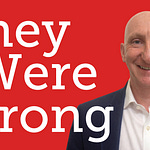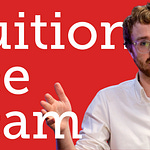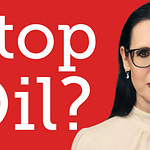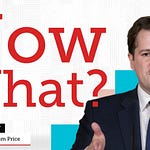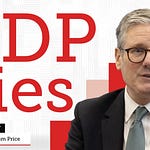In this Institute of Economic Affairs Podcast, Managing Editor Daniel Freeman is joined by Executive Director Tom Clougherty and Editorial Director Kristian Niemietz to examine whether Britain is truly facing fiscal meltdown or if the doom-mongering has been overblown. The conversation unpacks Chris Giles' Financial Times analysis arguing that Britain's fiscal situation, while problematic, may not be as catastrophic as commonly portrayed. They discuss how Britain's deficit compares favourably to the United States, why UK borrowing costs remain stubbornly high despite relatively better fundamentals, and whether the endless cycle of fiscal speculation created by having two budget events per year is contributing to market pessimism.
The discussion turns to how government policy is actively undermining growth through a proposed dramatic increase in landfill duties that could add tens of thousands of pounds to housing construction costs. Freeman, Clougherty and Niemietz explore the cascade of new building regulations, safety requirements, and bureaucratic hurdles that have caused London housebuilding to collapse to just 2,158 new homes started in the first half of 2025. They examine how dual-aspect flat requirements, second staircase rules, and a building safety regulator with a 70% rejection rate are combining with planning constraints and affordable housing targets to make construction economically unviable in areas with the highest housing demand.
The podcast concludes with an examination of free speech in Britain following the high-profile arrest of comedian Graham Linehan at Heathrow Airport for allegedly anti-trans tweets posted while in America. The hosts discuss why this case has attracted cross-party criticism, the disproportionate police response involving five armed officers, and whether the increasing frequency of social media arrests signals a need for stronger legislative protection of free expression. They consider how both progressive and conservative voices are beginning to recognise that current speech laws may be creating a chilling effect that extends beyond their intended targets.










